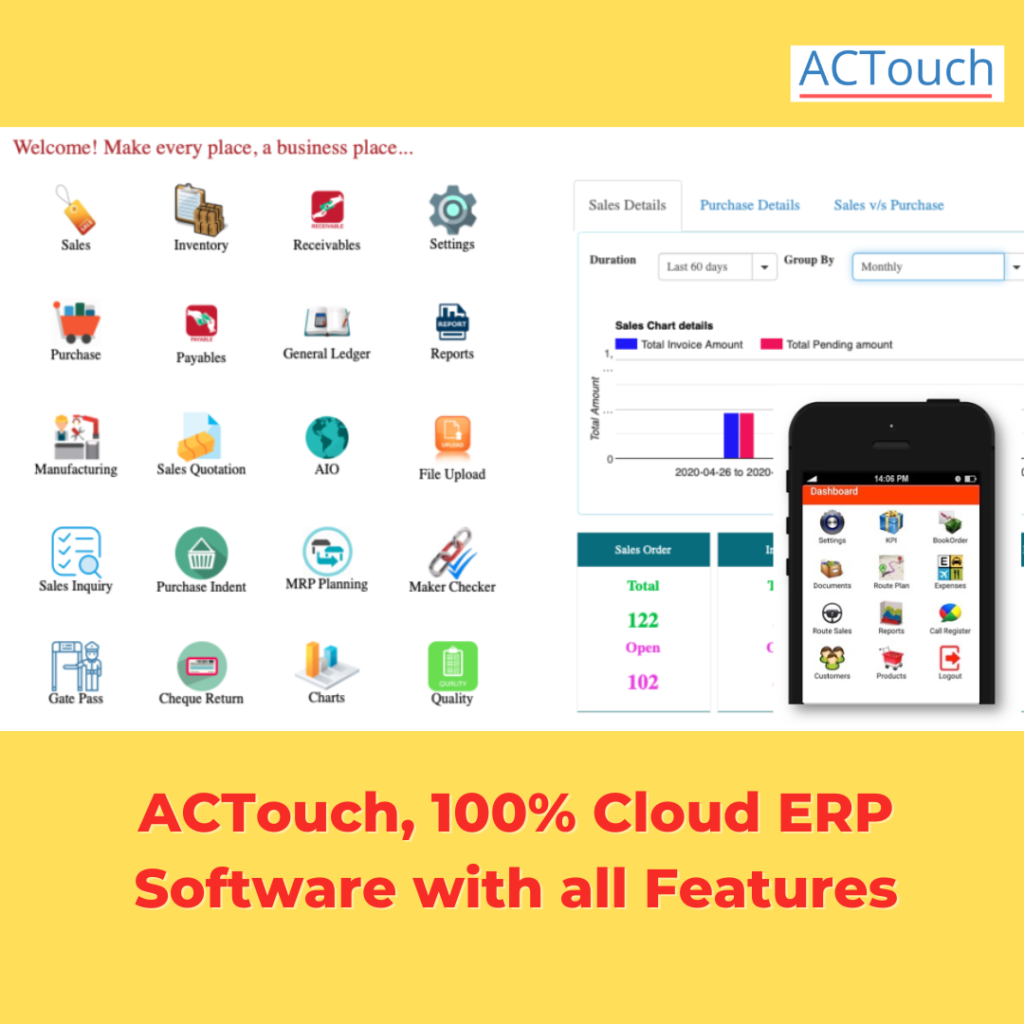What is Bookkeeping? Importance of Bookkeeping activities.
What is Bookkeeping?
What is bookkeeping? How it is important in the business segment? Bookkeeping is an important task of keeping Financial records and it’s transactions. It is the essential part of Accounting in all the business operations. It is such an important activity that decides your business strength. It is the activity of Classifying, Reporting and Analyzing data. Without proper bookkeeping, it’s impossible to run your business and you may wind up with unexpected challenges and outcomes.
Differences between Bookkeeping and Accounting?
Bookkeeping is the recording of financial transactions, and is part of the process of accounting in business. Transactions include purchases, sales, receipts, and payments by an individual person or an organization/corporation. There are several standard methods of bookkeeping, including the single-entry and double-entry bookkeeping systems.
Accounting or accountancy is the measurement, processing, and communication of financial and non financial information about economic entities such as businesses and corporations.
How many types of Bookkeeping systems?
- Single-Entry system
- Double-Entry system
Importance of Bookkeeping in Business.
“How Bookkeeping helps you in managing and growing a business?”
- Bookkeeping works under the concept of double entry system, recording financial transactions under credits and debits heads.
- Debits represent an asset and Credits represent a liability. Debit will increase the value of an asset and credit will reduce its value.
Initially bookkeeping may confuse you a little bit, but the fact is, it’s very simple once you understand the strategy of financial transactions, Debits, Credits and Equity.
- Assets are economic resources a company owns, such as cash, inventory, buildings, equipment, vehicles etc.
- Liabilities include loans payable, bonds payable, interest payable, wages payable, and income taxes payable. Less common liabilities are customer deposits and deferred revenues.
- Equity is the value of an asset less the value of all liabilities on that asset.
Entrepreneurs or small & medium business owners can do their bookkeeping all alone and understand their company net worth and control the finance. Many of them move their entire process to bookkeepers OR Chartered Accountants to maintain their bookkeeping service that will save their precious time but the possibility of making financial mistakes and a-lot more.
Bookkeeping for medium & large organizations that have traditional hierarchy in organisations with multi level operations maintain a large accounting department, with immense capital investments, secure infrastructure as well as maintain quality audits.
By recording day-to-day financial details you can keep track of data that will help you to maintain the accurate records of financial entries.
Organisation’s spending and revenue and expenditure, cash flow, budgets, ledgers, Bank & Credit Card Reconciliation, Journals, Inventory Management, Sales Tax and VAT Management, Accounts Receivables and Payables, Income Tax records, Costing & Budgeting, monthly, quarterly and yearly closing financial statements, etc can be recorded accurately up to date. When bookkeeping maintains accuracy in day to day financial activities, it gives you an excellent benchmark of how well your business is performing. It also provides financial information throughout the year so you can test the success of your business strategies and make required changes in the system to ensure that you reach your year-end profit goals.
Professionals and Bookkeeping Advantages.
- Maintaining all general ledger accounts in real time.
- Preparing invoices, cheques, bank reconciliations and completing financial statements.
- Reconstructing essential data from historical records when needed.
- Backup your important electronic records day to day, available to take when required.
- Excellent staffing – accounting is no longer part maintenance work for somebody who could be better utilized on your staff
- Keep your active financial records off-site and assure total confidentiality.
- (OR) Keeping proper business records required by law
- Bookkeeping helps you track on all activities and documents in order to do annual taxes, without rushing to find bills and expenses when time pay tax. Same time help you to understand the financial accounts (Cash Flow Statement, Profit and Loss & Balance-sheet)
- Same time reporting investors is also easy with perfect documentation
- Be more profitable by saving your time from routine tasks to focus on business strategies.
Bookkeeping is a fixed to its quality policy brings accurate business process that benefit to businesses further leading efficiency, productivity in a convenient style.
FAQ’s on Journals and Ledgers of Bookkeeping
1. Journal Entries for Sample Transactions
Journal entries record the financial transactions of a business in chronological order. For example – The company received $5,000 in cash from a customer as an advance payment for services to be provided in the future.
Journal Entries.
| Date Account Debit Credit |
| Cash $5,000 |
| Unearned Revenue $5,000 |
2. What is Ledger?
A ledger is a collection of accounts that records and categorizes all financial transactions of a business. Each account in the ledger represents a specific asset, liability, equity, revenue, or expense. The ledger provides a detailed record of each transaction, allowing for easy tracking and analysis.
3. What is Purchase Book Records?
A purchase book is a subsidiary ledger that records all credit purchases made by a business. It typically includes details such as the supplier’s name, invoice number, date, and amount of each purchase.
4. What is Ledger Book?
A ledger book is a physical or digital book that contains individual accounts in a systematic format. Each account within the ledger book is used to record specific types of transactions, helping to organize financial information for accurate reporting.
5. What is Journal Ledger Trial Balance?
A trial balance is a statement that lists the balances of all ledger accounts to ensure that debits and credits are equal. The trial balance is prepared after the journal entries are posted to the ledger accounts.
6. What is the Depreciation Journal Entry Example?
Let’s consider a company with equipment that has a useful life of 5 years and an initial cost of $10,000. The company uses straight-line depreciation.
| Date Account Debit Credit |
| 01-02-2023 Depreciation Expense $2,000 |
| Accumulated Depreciation $2,000 |
7. What is Ledger Definition?
A ledger is a book or electronic system that contains a collection of accounts where financial transactions are recorded and classified. It serves as the central repository of financial information, enabling the preparation of financial statements.
8. Difference between Journal and Ledger?
- A journal records transactions in chronological order, while a ledger categorizes and summarizes these transactions by account type.
- Journal entries are initially recorded with complete details, whereas ledger accounts accumulate transactions and provide a running balance.
- The journal is the first step in recording transactions, while the ledger is the second step after journalizing.
9. Purchases Journal Entry Example
Assuming a company purchased inventory worth $1,500 on credit from a supplier.
Journal Entry:
| Date Account Debit Credit |
| 01-02-2023 Inventory $1,500 |
| Accounts Payable $1,500 |
10. Preparing Trial Balance from Ledger with Example:
Assume you have the following ledger balances for Cash, Accounts Receivable, and Accounts Payable:
- Cash: $10,000 (Debit)
- Accounts Receivable: $5,000 (Debit)
- Accounts Payable: $3,000 (Credit)
Trial Balance:
| Account Debit Credit |
| ——————————————————– |
| Cash $10,000 |
| Accounts Receivable $5,000 |
| Accounts Payable $3,000 |
| ——————————————————— |
| Total $15,000 $3,000 |
The trial balance lists all ledger accounts and their balances, ensuring that the total debits match the total credits. This balance confirms the accuracy of recording and posting transactions in the ledger.
How ACTouch Inventory and Accounting Software can help Bookkeeping and Accounting Community?
email to sales@actouch.com for a Free ERP demo.
Migrate to 100% Cloud ERP Software Now and enjoy the FREEDOM | ||
 | Talk to us to know more about ACTouch Cloud ERP Software NOW  |
